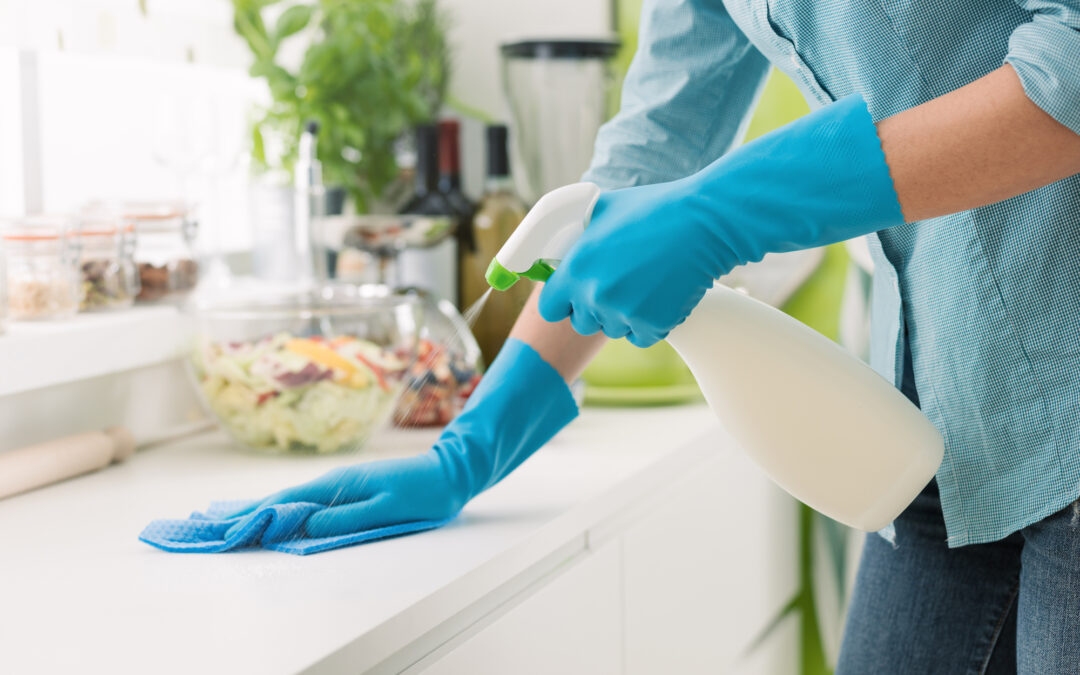Quartz Care & Maintenance
How to care for your new quartz countertops
Congratulations on the purchase of your quartz countertop. Quartz is an elegant, durable
and resilient countertop surface that will provide you with many years of comfort and satisfaction. Maintaining
your quartz is simple and easy. Follow these simple care and use guidelines and your quartz countertop will provide you with many
years of trouble free use.

Care & Maintenance Guidelines:
- For everyday cleaning, use a soft sponge or dishcloth with warm water
- For stubborn or greasy clean-ups, use a gentle liquid cleaner like Mr. Clean, 409, Simple Green, Fantastic, etc. or ordinary dish washing detergent (e.g, Palmolive with warm water and a “White Scotch Brite”)
- Never use red or green Scotch Brite on quartz as they contain aluminum oxide (the same abrasive in sand paper) and may dull the finish
- Do not use abrasive cleaning agents such as Comet and Ajax. If needed, Bon Ami and Bar keepers friend are both approved non-abrasive cleaning powders that will clean without affecting the finish
- Though most common household cleaners have no effect on quartz, never allow your quartz to come in contact with drain cleaners, paint strippers or products containing Hydrofluoric acid, Methylene chloride, Trichloroethylene or any product with a very high or very low PH. These types of chemicals may etch or discolor the surface of the quartz
- There is no need to seal your quartz countertop. Sealers cannot penetrate quartz and remain on the surface. Eventually the sealer will start to wear off unevenly in high use areas causing the polish to appear inconsistent
- Quartz is scorch resistant and under normal conditions is not affected. Always use a trivet or hot pad between the quartz and any heat generating device including but not limited to crock pots, air fryers, deep fryers, hot pots and pans or electric skillets. Sudden or rapid change of temperature or sustained heating, especially near edges and cut outs, may create enough thermal expansion energy to cause your countertop to crack.